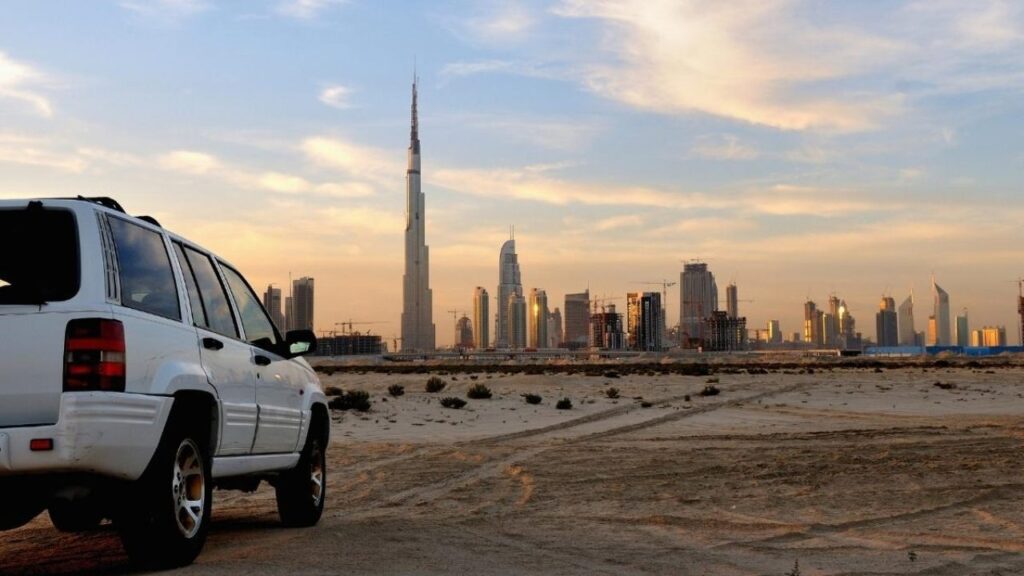Dubai has introduced strict new licensing and permit rules for tourist transport operators, reflecting the city’s ongoing commitment to safety, quality, and compliance in its rapidly growing tourism sector. The updated regulations aim to ensure that visitors experience reliable and well-regulated transportation services while exploring the emirate.
Under the new Dubai tourist transport rules, operators providing services such as buses, limousines, water taxis, and other tourist-focused transport must obtain specific permits and meet defined safety and operational standards. Authorities stress that adherence to these rules is mandatory, with non-compliant operators facing fines, suspension, or revocation of licenses.
Tourism officials have emphasized that the move is part of broader efforts to enhance Dubai’s reputation as a world-class destination. “Ensuring that all tourist transport services meet high safety and quality standards is essential for maintaining visitor trust and satisfaction,” a senior government representative stated.
The updated licensing framework includes several key requirements. Operators must demonstrate vehicle maintenance compliance, trained staff certification, insurance coverage, and adherence to environmental and safety regulations. Authorities also plan to implement regular inspections and audits to enforce compliance.
Industry experts note that these changes are expected to benefit both tourists and local operators. For visitors, the new rules provide reassurance that transport services are safe, reliable, and professionally managed. For licensed operators, clear guidelines reduce uncertainty, promote fair competition, and create opportunities for business growth in a structured environment.
The regulations also address environmental concerns. Operators are encouraged to adopt sustainable practices, such as using low-emission vehicles and implementing eco-friendly operational procedures. Dubai’s tourism and transport authorities highlight that sustainable transport solutions are critical for the city’s long-term growth and environmental goals.
Tourist transport operators are required to submit applications for new permits, update existing licenses, and ensure that all staff are properly trained. Authorities have provided a transitional period to allow businesses to adjust to the new rules, while emphasizing that strict enforcement will follow the compliance deadline.
The tightening of Dubai tourist transport rules comes as the emirate continues to see strong tourism growth, attracting millions of visitors annually. As the number of travelers increases, authorities recognize the importance of regulated and standardized transport services to maintain visitor safety and satisfaction.
Officials have also indicated that digital tools and platforms will play a role in monitoring compliance. Vehicle tracking, online permit applications, and reporting systems are expected to streamline administrative processes and enhance oversight. This technological approach aligns with Dubai’s broader smart city initiatives.
In addition to safety and environmental considerations, the new rules are designed to enhance the overall tourist experience. Licensed operators are expected to maintain service quality, adhere to ethical business practices, and provide accurate information to travelers, further contributing to Dubai’s global reputation as a premier tourism hub.
In conclusion, Dubai’s new licensing and permit regulations for tourist transport operators represent a significant step in strengthening the city’s tourism infrastructure. By enforcing clear standards, promoting sustainability, and enhancing visitor safety, the rules ensure that Dubai remains a trusted and world-class destination for travelers.
As the emirate continues to attract global tourists, compliance with these regulations will be crucial for operators. The updated framework highlights Dubai’s commitment to quality, safety, and innovation in its tourism and transport sectors, creating a positive experience for both visitors and businesses alike.


